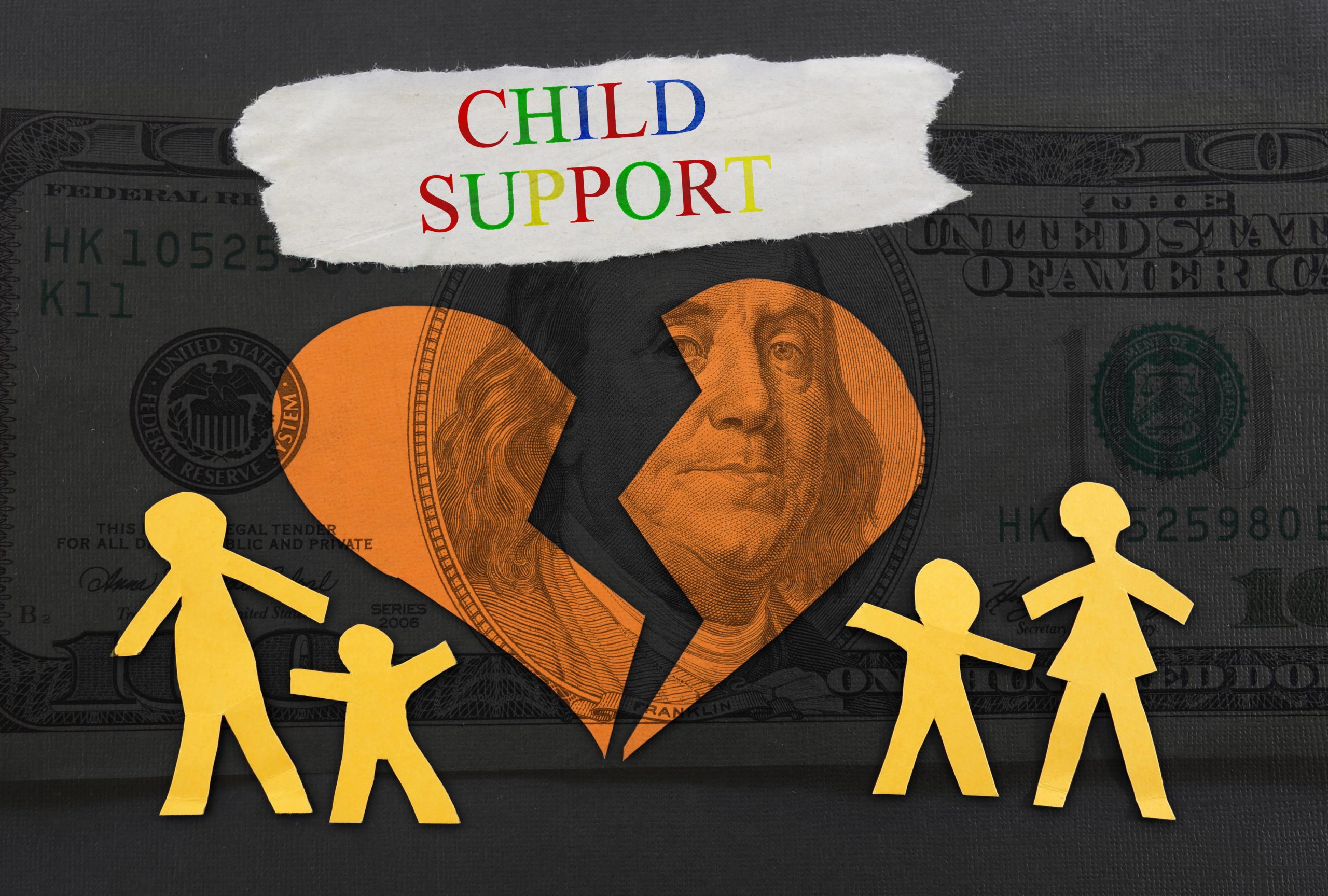The Basic Timeline of a Divorce Case and FAQ
 Divorce is typically one of the most difficult experiences of a person’s life. It is natural to feel a mix of frustration and confusion as one accepts the reality of an impending divorce. It is also natural to have many questions about the legal process of divorce. At Bickford, Blado & Botros, our San Diego divorce attorneys understand how challenging divorce can be and want to provide as much clarity about the process as we possibly can. It’s essential to know how a typical divorce case unfolds, the differences between mediation and litigation, and the common problems divorcing individuals face through their proceedings.
Divorce is typically one of the most difficult experiences of a person’s life. It is natural to feel a mix of frustration and confusion as one accepts the reality of an impending divorce. It is also natural to have many questions about the legal process of divorce. At Bickford, Blado & Botros, our San Diego divorce attorneys understand how challenging divorce can be and want to provide as much clarity about the process as we possibly can. It’s essential to know how a typical divorce case unfolds, the differences between mediation and litigation, and the common problems divorcing individuals face through their proceedings.
Continue reading
 San Diego Divorce Attorneys Blog
San Diego Divorce Attorneys Blog










